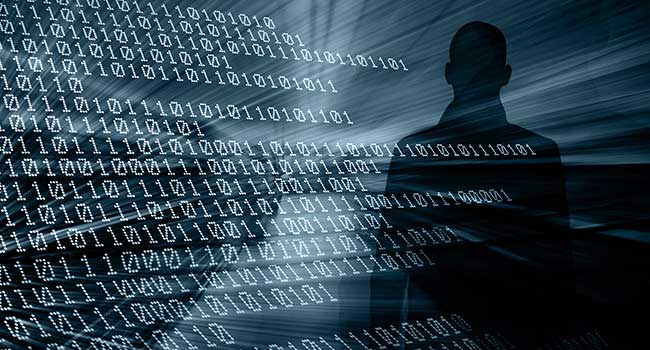
Senators Introduce Data Security and Breach Notification Act
The bill comes in the wake of news that Uber handled a breach affecting as many as 57 million consumers by paying the hackers $100,000 in exchange for their silence.
- By Jessica Davis
- Dec 05, 2017
Three Democrat Senators introduced last Thursday the Data Security and Breach Notification Act, which would require companies to report data breaches within 30 days. The bill comes in the wake of news that Uber handled a breach affecting as many as 57 million consumers by paying the hackers $100,000 in exchange for their silence.
The Data Security and Breach Notification Act seeks to implement nationwide breach notification standards to replace the varying state standards on data breach notification. Currently, 48 states have laws that require companies to report hacks.
The bill is sponsored by Sen. Bill Nelson of Florida, as well as senators Richard Blumenthal of Connecticut and Tammy Baldwin of Wisconsin. Nelson first introduced the Data Security and Breach Notification Act in 2015 and also introduced a different version last year.
“We need a strong federal law in place to hold companies truly accountable for failing to safeguard data or inform consumers when that information has been stolen by hackers,” Nelson said in a statement.
If signed into law, the bill as is would impose new penalties on anyone convicted of “intentionally and willfully” concealing a data breach. Consequences could include fines and up to 5 years of imprisonment—or both.
The bill directs the Federal Trade Commission (FTC) to develop new security standards to aid businesses that handle consumers’ personal and financial data. It would also task the FTC with providing “incentives” to business who adopt technology that makes consumer data “unusable or unreadable if stolen” in a data breach.
The act would also require companies to create procedures for assessing “reasonably foreseeable” vulnerabilities in their systems and implement processes for either destroying sensitive consumer data no longer in use or making it “permanently unreadable or indecipherable.”
The legislation does have a limited scope—for example, if only a last name, address or phone number is leaked in a breach, the law would not apply. In addition, any incident in which an organization “reasonably concludes that there is no reasonable risk of identity theft, fraud, or other unlawful conduct” is considered exempt.
The act is not the only bill related to data breaches to be introduced this year. After news of the Equifax breach broke in September, Blumenthal introduced The Data Broker Accountability and Transparency Act, which would require data brokers to create privacy and security measures for notifying the public after a breach.
About the Author
Jessica Davis is the Associate Content Editor for 1105 Media.